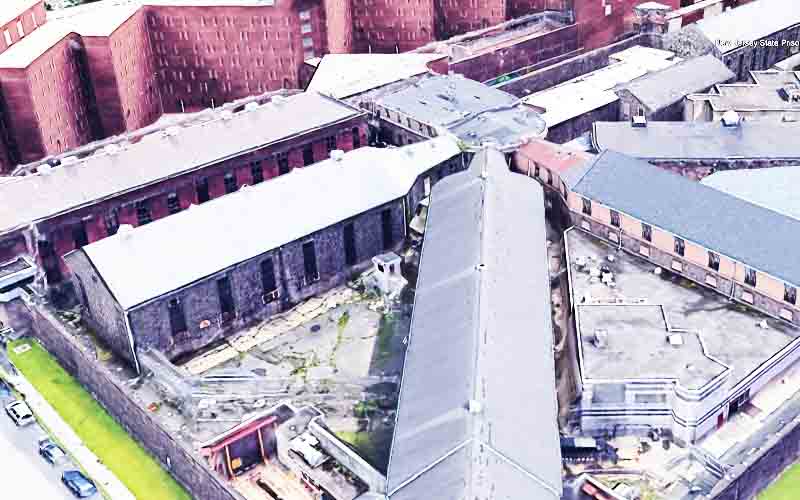TRENTON, NJ – The COVID-19 pandemic is over, according to New Jersey Governor Phil Murphy. Instead, the governor says New Jersey is moving to an “endemic” period as cases of COVID-19 have significantly decreased since the December and January omicron outbreak.
“With COVID-19 moving into an endemic, the time has come to move toward normalcy,” said Governor Murphy last week. “In the past two years, New Jerseyans have shown great strength, resiliency, and kindness during one of the most difficult and trying times in the history of our state. The steps I am taking today have been made possible by our highly-successful vaccination efforts and the collective efforts of the people of our state.”
Along with the ending of the COVID-19 public health emergency, Governor Murphy has also ended the public school mask mandate and government building mask mandate.
The one thing Murphy did not end was his COVID-19 prisoner early release program. As promised, on Sunday, 852 more prisoners were released under a public health emergency credit system that allowed inmates to cut their sentences.
In 2020 and 2021, Murphy released 5,300 prisoners. According to estimates, 10% of those released committed additional crimes upon their release and three committed murders, which lead to the deaths of five people.
“The governor’s actions are not making New Jersey’s streets, towns, and cities any safer,” William Lanoza, head of the New Jersey Law Enforcement Supervisors Association. “In fact, the murder rate in New Jersey climbed 23% in 2021, reaching the highest it has been since 2016. The vast majority of inmates that are being released under this legislation are being bussed to our state’s urban centers and thereafter left to themselves.”
New Jersey’s prison populations have been reduced by as much as 40% under Murphy’s 2020 law. The release of prisoners had little to no effect on the rate of COVID-19 infection in New Jersey’s prisons.
Many of the prisoners released under the program, according to a Rutgers study suffered from drug abuse and mental health issues.
“Correctional facilities saw disproportionately high rates of COVID-19 infections and deaths, with COVID-19 mortality rates among prisoners, double those of the non-incarcerated population,” the Rutgers study said. “In efforts to mitigate this, New Jersey’s Public Health Emergency Credit Act (S2519) went into effect in November 2020, granting prisoners who were within one year of release and met certain other criteria up to an eight-month reduction in their sentence during a public health emergency. “Many individuals eligible for early release carried diagnoses of substance use disorders, placing them at high risk of overdose and other adverse outcomes after release. Ensuring a safe transition from prison to the community for these individuals is critical but is potentially complicated during large-scale releases such as New Jersey’s, which may overburden reentry service providers.”
Despite please from state legislators, Murphy’s administration pushed forward with the latest group of prisoner releases.
Last week, newly elected legislators Assemblywomen Marilyn Piperno and Kim Eulner called on the governor to suspend early prisoner releases.
The health emergency is over so it doesn’t make sense to continue releasing prisoners early,” said Piperno (R-Monmouth). “This entire program was supposed to limit the spread of Covid but it failed and crime has skyrocketed the past two years.”
The fact that some prisoners committed violent crimes or slipped back into whatever got them into prison in the first place is exactly what is wrong with early release,” said Eulner (R-Monmouth). “Not everyone is fit to rejoin society. Nobody is safer because of this program, and it undermines the legal system.”
Murphy ignored those pleas.
